Understanding Deworming Requirements for Senior Dogs
Introduction
Senior dogs (7 years and older, breed-dependent) may have altered metabolism, compromised immunity, and underlying health conditions that affect deworming protocols. Understanding their unique requirements ensures safe and effective parasite control. This article outlines best practices for deworming elderly dogs.
1. Why Senior Dogs Need Special Attention
Weakened Immune System: Age-related immune decline increases susceptibility to parasites and secondary infections.
Medication Sensitivity: Older dogs may process drugs more slowly, raising the risk of toxicity or adverse reactions.
Comorbidities: Chronic conditions (e.g., kidney disease, heart failure) may affect drug selection and dosing.
2. Recommended Deworming Frequency
Initial Assessment: Perform a comprehensive physical exam and baseline blood work, including kidney and liver panels.
Fecal Examinations: Conduct fecal floats every 3–4 months rather than the typical 6 months for younger adults.
Tailored Schedule:
Healthy Seniors with Low Risk: Deworm every 4–6 months.
High-Risk or Immunocompromised: Deworm every 3 months or as advised by your vet.
3. Safe Dewormer Selection
Fenbendazole (Panacur®)
Advantages: Broad-spectrum coverage, minimal side effects.
Dosage: 50 mg/kg orally once daily for three days, monitor kidney function if compromised.
Pyrantel Pamoate
Advantages: Effective against roundworms and hookworms; minimal hepatic metabolism.
Dosage: 5–10 mg/kg once; repeat in 2 weeks if needed.
Praziquantel
Use Case: Tapeworm infections; administer carefully if liver function is impaired.
Dosage: 5–7.5 mg/kg as a single dose.
Milbemycin Oxime (Interceptor®)
Advantage: Combines heartworm and intestinal parasite control; once-monthly dosing simplifies routine.
Dosage: 0.5 mg/kg orally once monthly, adjust if renal insufficiency exists.
4. Monitoring and Adjustments
Blood Work Follow-Up: Repeat renal and hepatic panels 2 weeks post-treatment to detect adverse effects.
Behavioral Observation: Watch for lethargy, inappetence, or vomiting—common signs of intolerance.
Weight Management: Adjust dosages for weight loss or gain; senior dogs often lose muscle mass.
5. Supportive Care Strategies
Nutrition and Supplements:
Provide senior-formula diets rich in antioxidants and joint support.
Consider probiotics to maintain gut flora balance post-deworming.
Hydration:
Ensure constant access to fresh water; some dewormers may cause mild dehydration.
Exercise and Mental Stimulation:
Low-impact activities (short walks, gentle play) help maintain immune function.
Interactive toys reduce stress, indirectly supporting parasite resistance.
Conclusion
Senior dogs require thoughtful deworming protocols tailored to their health status. Regular fecal exams, appropriate product selection (e.g., Panacur®, Interceptor®), and careful post-treatment monitoring protect elderly canines from parasitic infections while minimizing risks. Collaborate closely with your veterinarian to optimize geriatric parasite management.
Explore Dogs
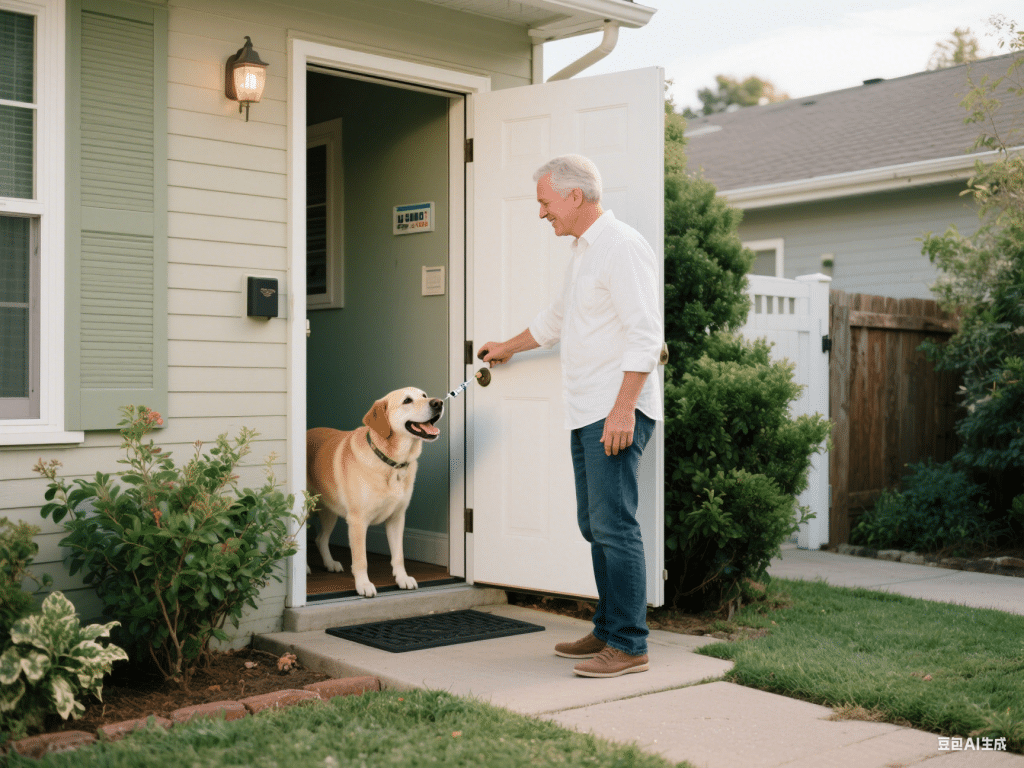
Can Dogs Go Outside After Deworming? Recovery and Safety Tips
IntroductionMany pet owners wonder if it is safe for dogs to venture outside immediately after recei...
Read More
Multi-Cat Household Deworming: Preventing Parasite Spread
IntroductionIn multi-cat households, parasites can spread rapidly between cats, resulting in recurri...
Read More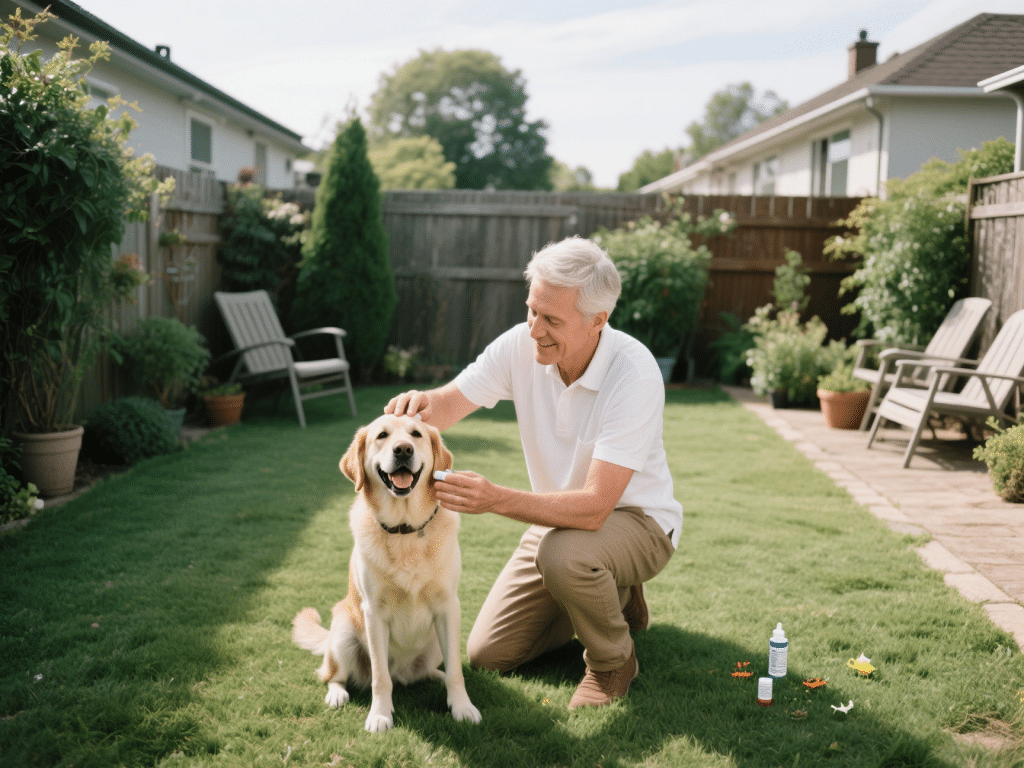
Monthly Deworming Schedule for Adult Dogs: Optimal Timing and Products
IntroductionAdult dogs can harbor intestinal parasites year-round, risking health complications and ...
Read More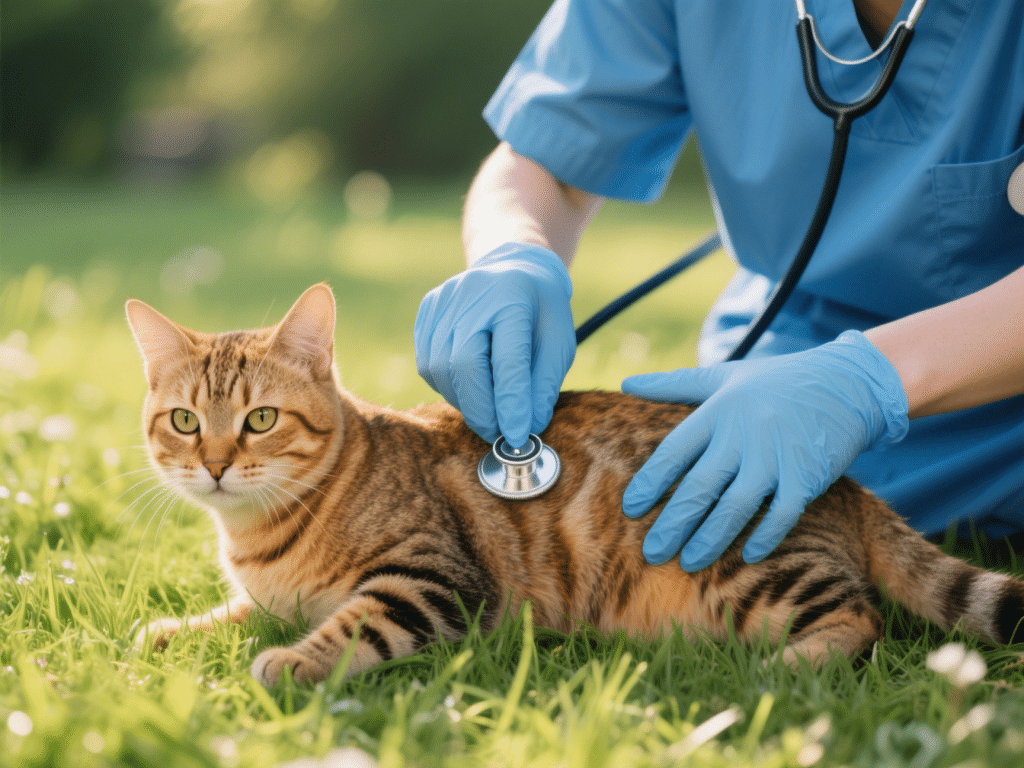
How Often Should You Deworm Your Cat? Adjusting by Season
How Often Should You Deworm Your Cat? Adjusting by SeasonProtecting your cat from internal parasites...
Read More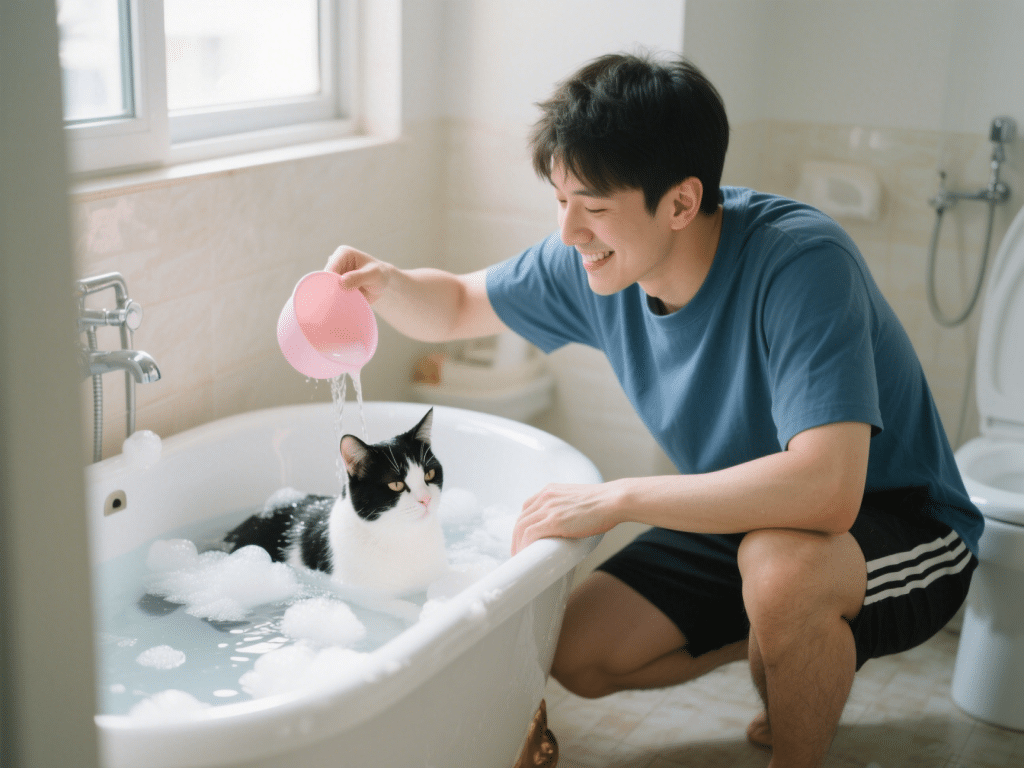
Can You Bathe a Cat Before or After Deworming? Timing and Best Practices
Title: Can You Bathe a Cat Before or After Deworming? Timing and Best PracticesIntroductionBath...
Read More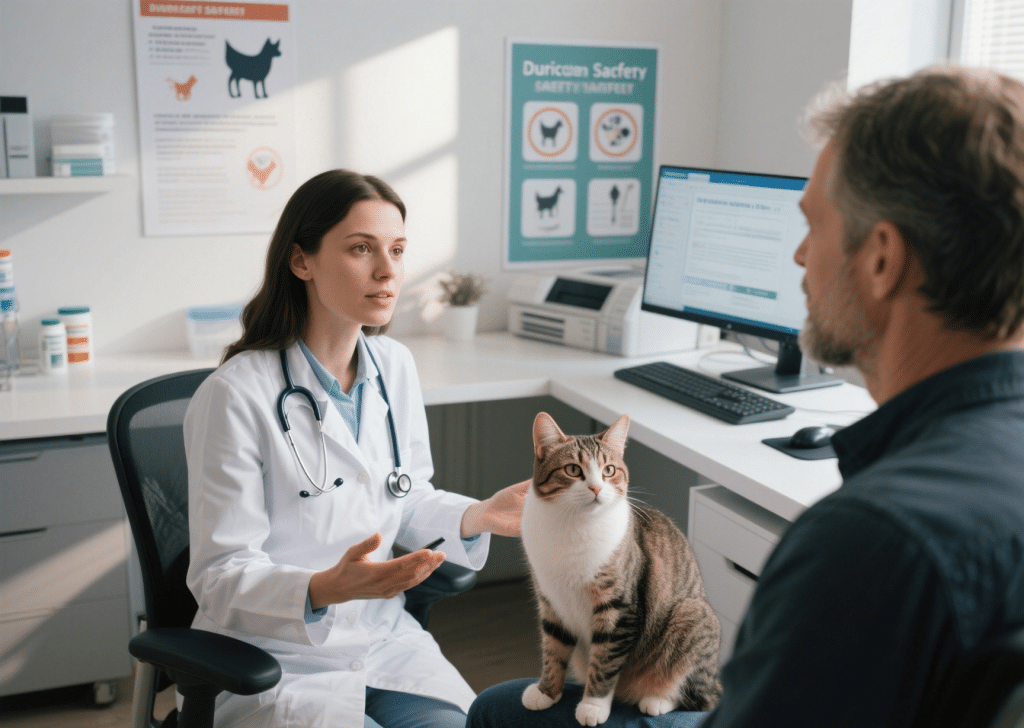
Are Cat Dewormers Safe? Side Effects and What You Should Know
Are Cat Dewormers Safe? Side Effects and What You Should KnowIntroductionDeworming is an essential a...
Read More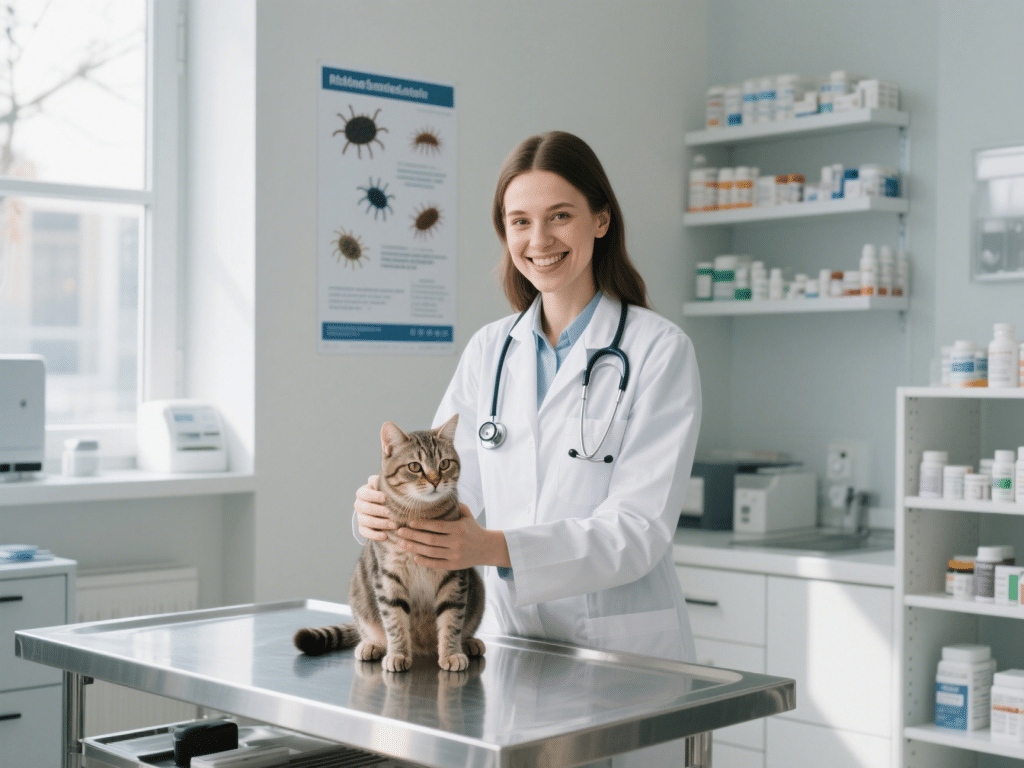
Top 5 Cat Dewormers Compared: Vet-Approved Options for Internal and External Protection
Top 5 Cat Dewormers Compared: Vet-Approved Options for Internal and External ProtectionIntroductionI...
Read More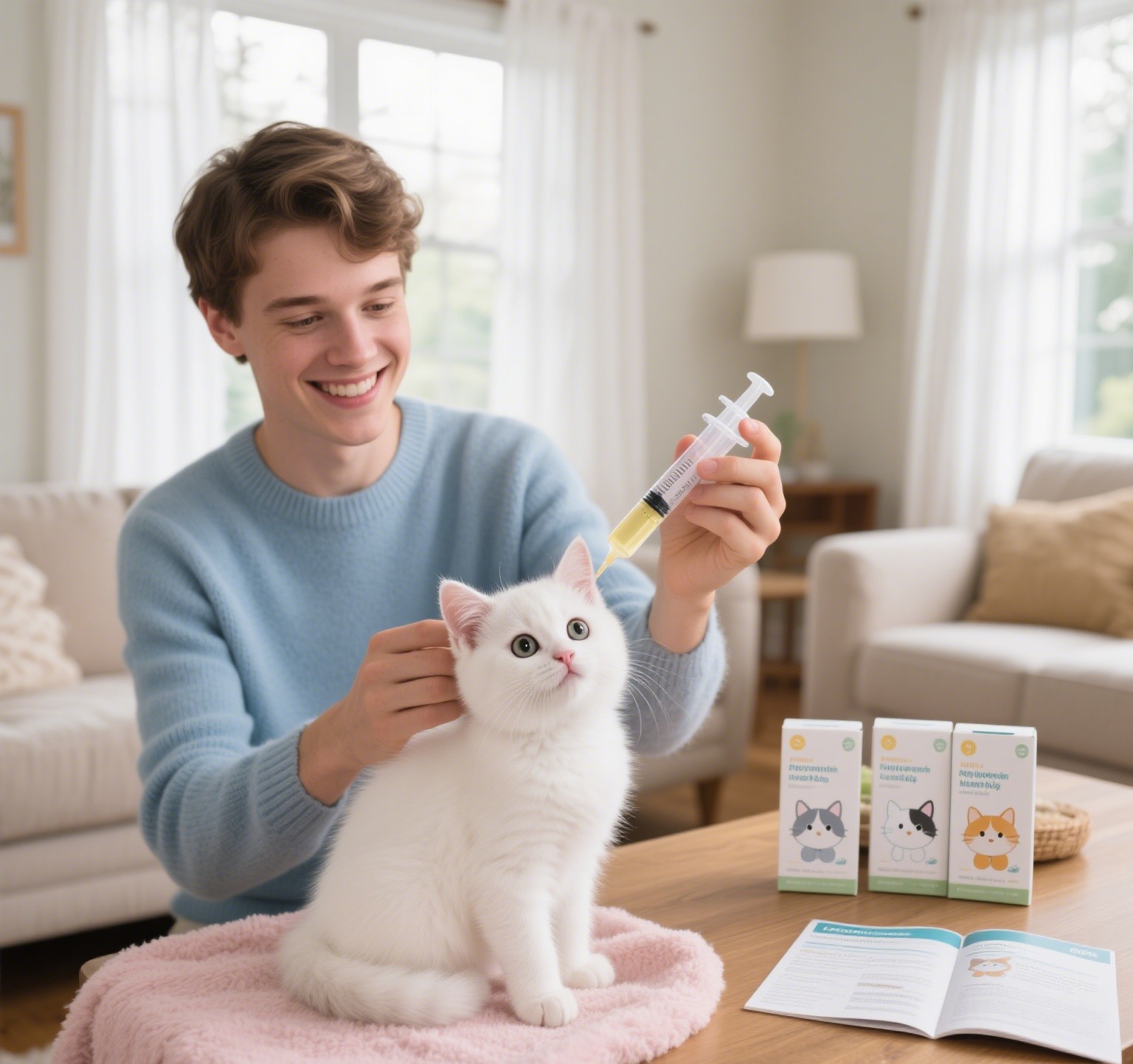
When Should You Start Deworming a Kitten? Best Products for Young Cats
When Should You Start Deworming a Kitten? Best Products for Young CatsDeworming is an essential part...
Read More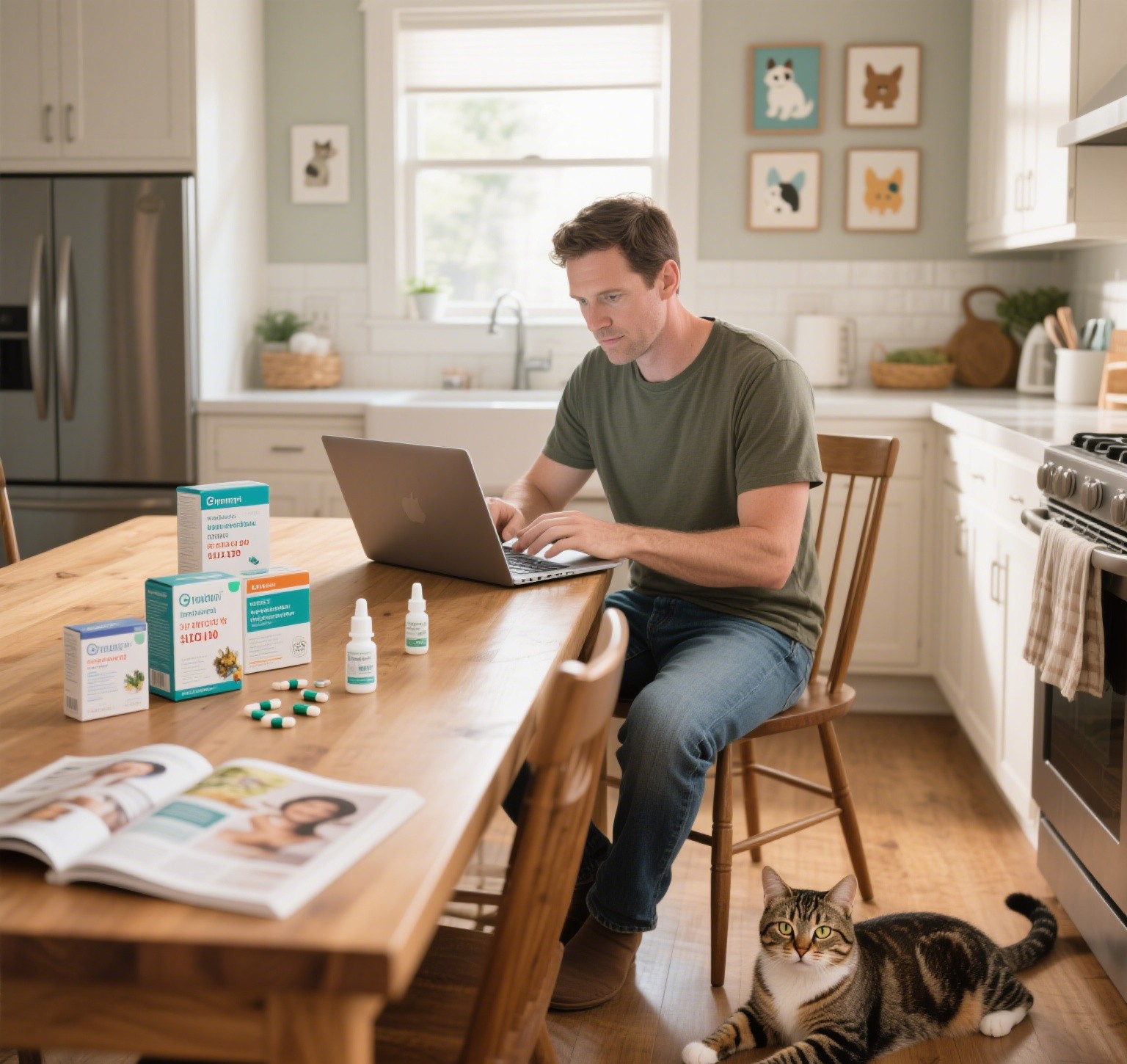
How Much Does Cat Deworming Cost? A Practical Guide with Recommended Products
How Much Does Cat Deworming Cost? A Practical Guide with Recommended Products?Cat deworming is a cru...
Read More